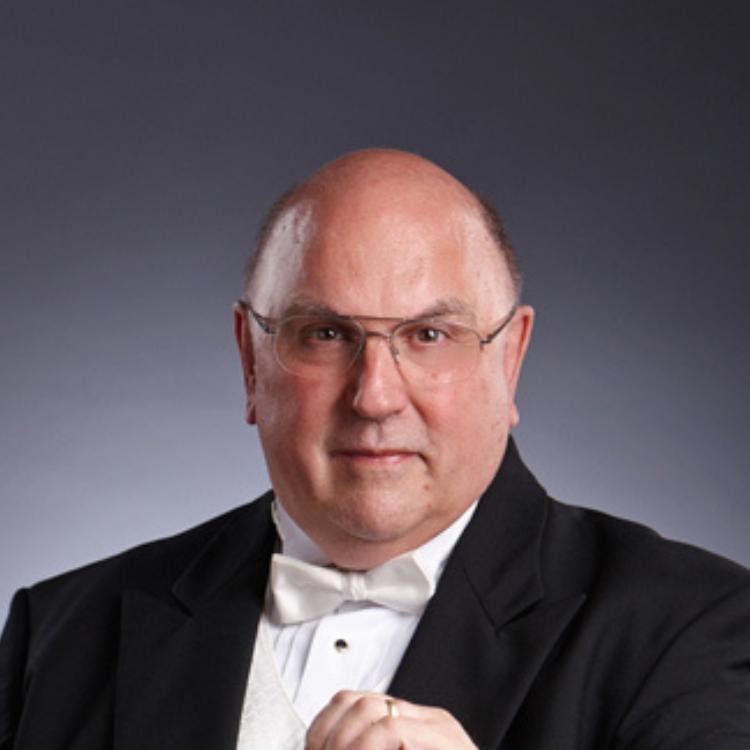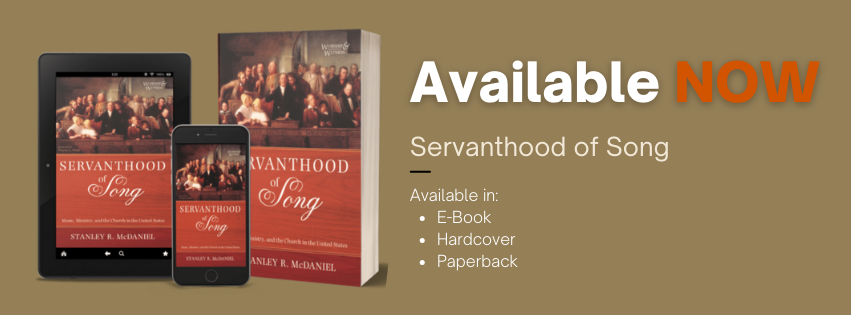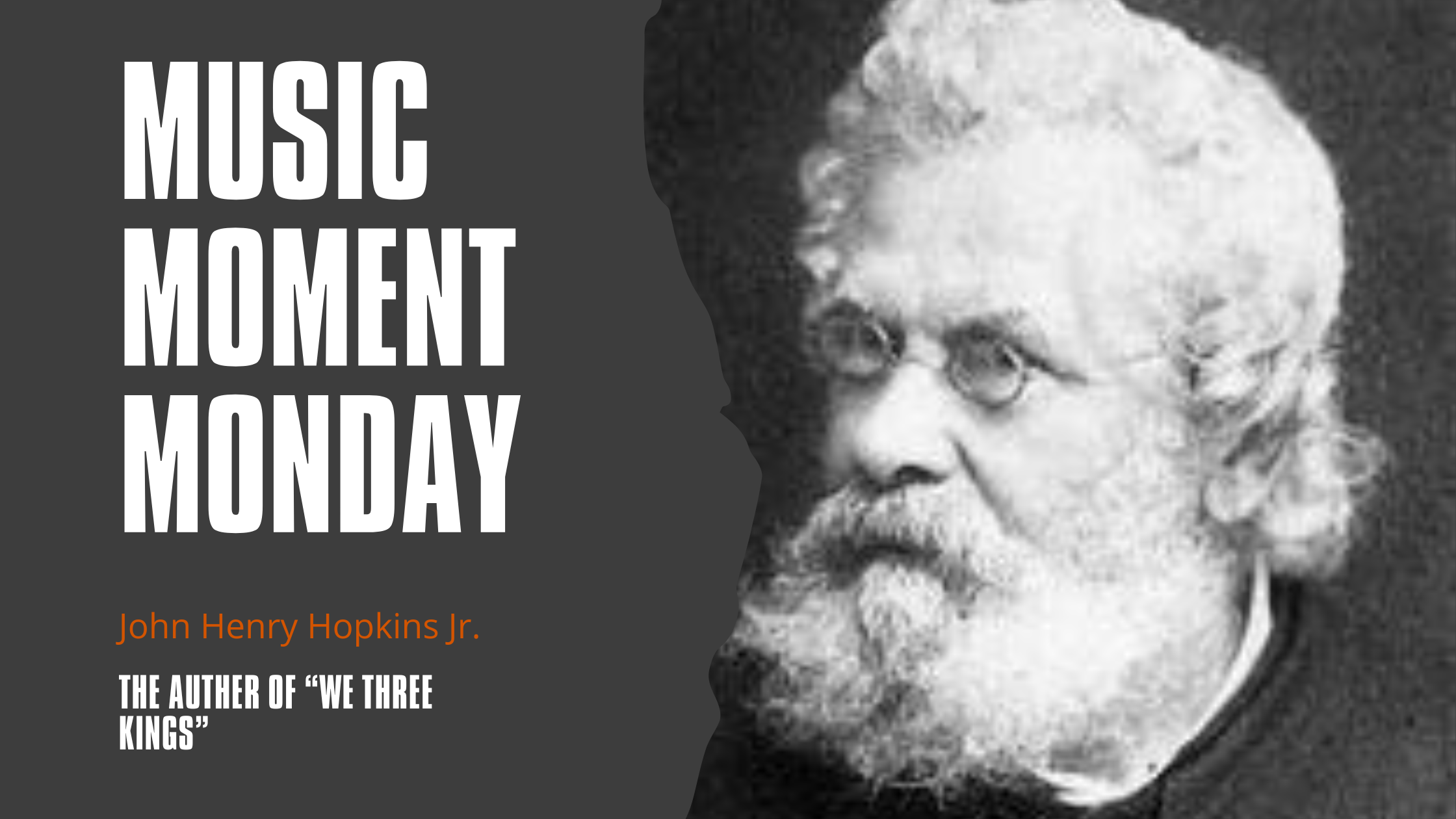Your cart is currently empty!
A Hymn Writer with a Lasting Impact
Hopkins Jr. possessed a unique gift for crafting hymns that resonated deeply with congregations. His most recognized piece, “We Three Kings,” is celebrated for its simplicity and timeless appeal, but Hopkins Jr. also created a wide array of hymns that reflect his theological insights. His compositions, known for their accessibility and spiritual depth, offered congregants an intimate, reflective way to connect with their faith, establishing a distinctively American Episcopal musical tradition that continues to shape church music today.
These hymns became more than mere songs; they provided a way to explore themes of faith, devotion, and community. Hopkins Jr. understood that music could convey complex theological ideas in ways traditional preaching could not, using his compositions to deepen the congregation’s spiritual experience. His work thus laid a foundation for hymns that not only complement worship but also engage congregants in active reflection.
Elevating Worship Through Education and Mentorship
Beyond his work as a composer, Hopkins Jr. was an educator and mentor committed to shaping the future of church music. As the first instructor in church music at the General Theological Seminary in New York, he trained countless young musicians and theologians, teaching them that church music was more than sound—it was a vital expression of faith. His mentorship emphasized the spiritual role of music in worship, guiding students to see music as a vehicle for theological reflection and worship.
His influence extended well beyond the classroom. Many of his students went on to prominent roles in the Episcopal Church, carrying his teachings forward. Hopkins Jr.’s commitment to education established a model for church music programs that prioritize both musical skill and spiritual purpose, a legacy that the Episcopal Church continues to honor.
Hopkins Jr.’s Enduring Legacy in the Episcopal Church
To understand Hopkins Jr.’s impact is to appreciate his role in shaping Episcopal worship. Through hymns that balance musical beauty and theological depth, he gave Episcopal music a unique voice, one that emphasizes the centrality of music in worship as a means to deepen the congregation’s faith. Hopkins Jr. showed that music was not simply a supplement to worship but an essential element of spiritual experience, inviting congregants to engage more profoundly with their faith.
For students of church music, Hopkins Jr.’s contributions remain invaluable. His work reveals how sacred music serves not only as an art form but as an avenue for spiritual connection, setting a standard that continues to inspire Episcopal musicians today.
Discover More in “Servanthood of Song”
For a closer look at the life of John Henry Hopkins Jr. and other influential figures who have shaped sacred music, my book delves into their contributions and enduring legacies. These stories highlight the importance of music in worship and the traditions that continue to inspire church communities. Discover the spiritual significance of church music by getting your copy here and explore how these pioneers transformed the soundscape of faith.

AUTHOR
Stan McDaniel
©2023 Stanley R. McDaniel, All Rights Reserved.
Copying or re-publication is expressly prohibited without direct permission of the author.


Leave a Reply